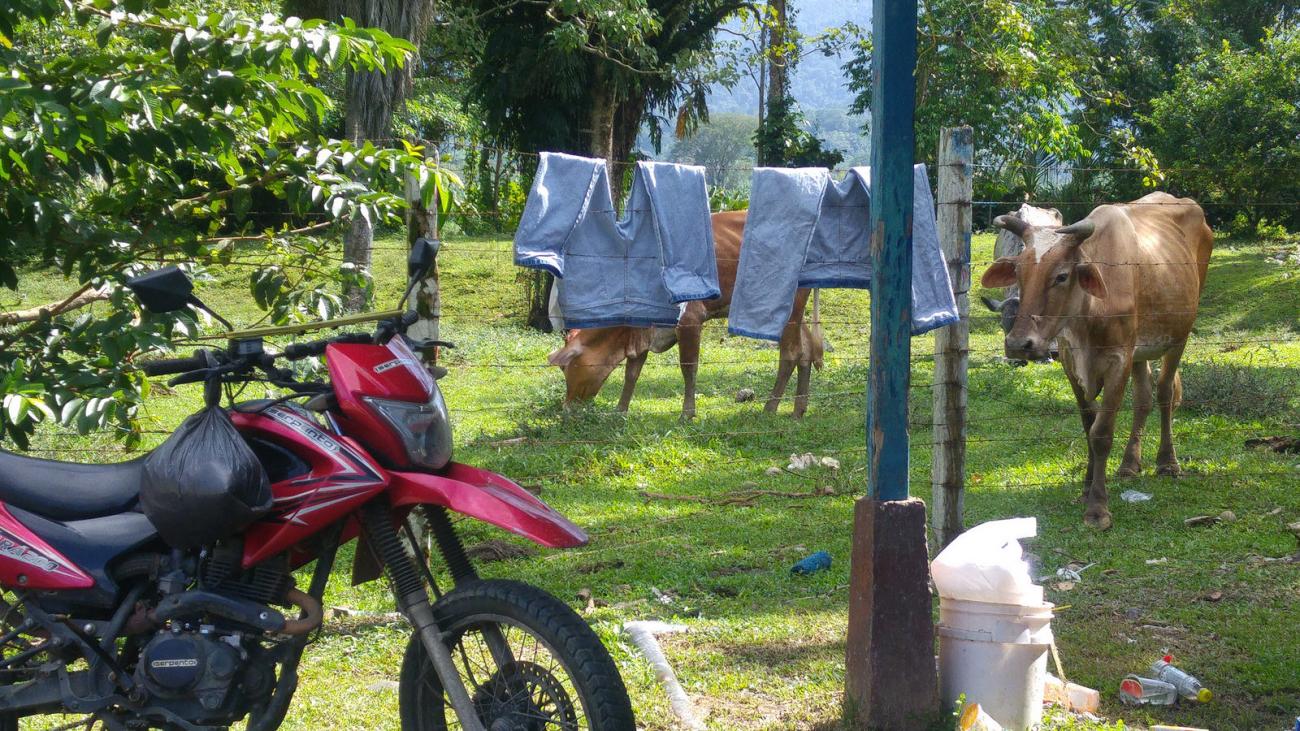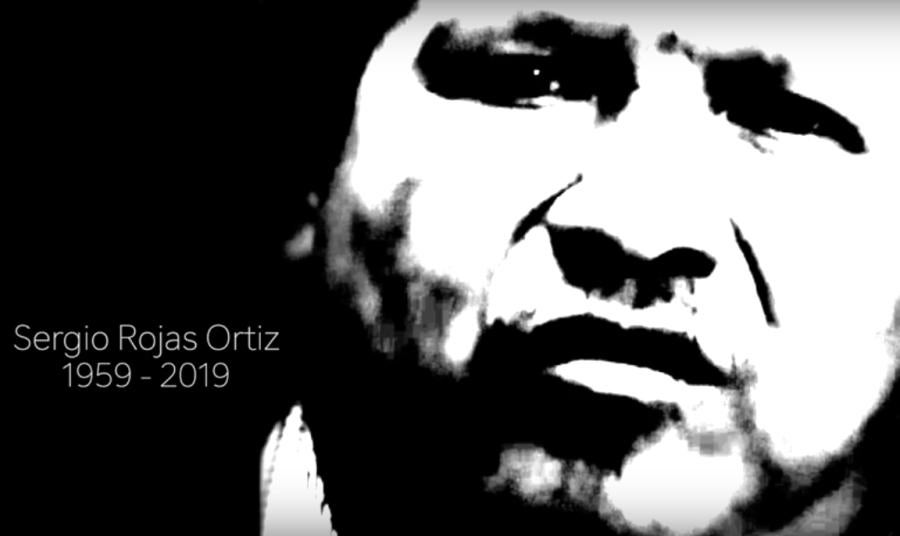
By John McPhaul
A recent report of a commission named by the University of Costa Rica’s University Council to investigate clashes between Indigenous communities and non-Indigenous residents in the southeastern Bri-Bri territory of Salitre blames the Costa Rican government for the historic marginalization and treatment of Indigenous Peoples leading to the recent unrest.
“The Costa Rican State, throughout its history, has not provided recognition and adequate protection of the territories of Indigenous Peoples, despite the fact that they transcend the republican era and even the colonial era... [The government’s] answers have been always partial, insufficient, a situation that has caused counterproductive effects, and have meant a serious deterioration of the conditions of Indigenous communities,” read the report.
Costa Rica has a population of around 106,000 Indigenous people from eight distinct language groups, most living in 24 Indigenous territories. Except for the Chorotega peoples, who are related to Nahual-speaking groups of northern Central America, Costa Rica’s Indigenous are related to the Chibcha peoples of Colombia and northern South America. The report, released on February 28, 2018, comes a year after the government unveiled the National Plan for the Recuperation of Indigenous Territories (Plan-RTI). As much as 40 percent of Indigenous lands have been settled on by non-Indigenous squatters since the territories were established in the Indigenous Law of 1977.
The special commission said that the National Plan, which set the goal of restoring Indigenous Peoples’ lands in a period of six years, was an advance in protecting Indigenous rights. “The Special Commission recognizes that the Plan for the Recovery of Indigenous Territories (PLAN-RTI), constitutes an important response on the part of the State to the problem of the Indigenous territories. In that sense, we reiterate the importance of including in this or other actions related to the recovery of the social fabric, damaged by confrontations by different actors outside and within the community, around their social and cultural identity, to enrich this plan beyond a topographic and legal mapping,” said the commission. The Plan-RTI sets the goal of six years for returning to Indigenous communities the ancestral land which was set aside as reserves.
The council charged the commission with investigating clashes between Bri-Bri people with non-Indigenous settlers over land within Indigenous reserves. The investigators found “evidence of a series of events in the Indigenous territories of the South Pacific, especially those of Salitre, Cabagra and Térraba, which reveal the systematic existence of aggressions of non-Indigenous people, in retaliation over recoveries of land by members of Indigenous communities, who are its legitimate owners; with results of injured people, an environment of insecurity for Indigenous communities, lack of action by the police, the complacency of local authorities by omission or by inaction that severely limit the exercise of human rights and the autonomy of Indigenous communities,” said the report.
The report stated that the Indigenous territory was subject to constant invasions and occupations from its inception, without authorities doing what was necessary to enforce the law. “For this reason, the current situation is complex because there are several decades in which the problems [have festered] legally,” said the report. “In these circumstances, it is not clear who is or is not right, what should be done to solve the problem, what are the traditional lands of the community, among other issues.”
Given this situation, a “broad and interdisciplinary study” is required to gather enough information to resolve the issue of who is Indigenous according to defined criteria. The study determining who is Indigenous with legitimate rights in the territory must be carried out, but this is a sensitive process that requires much participation and input from Indigenous communities.
Such a study is all the more urgent given that at least one faction of the Bri-Bri community is demanding that only Indigenous “clanspeople” (people with Bri-Bri mothers in accordance with the matrilineal Bri-Bri tradition) be awarded rights in the territory. “However, the Judiciary does not have the possibility of ordering this type of expertise, since it would require considerable time… meaning unusually high amounts also as payment of professional fees,” said the report.
The investigators found that various organizations and public institutions, such as the National Department of Community Development (DINADECO by its Spanish acronym), municipalities, and organized groups, have some responsibility for the unrest the Salitre Territory which has 17,000 inhabitants.
“At the same time, it is necessary that (investigators) know and respect the customs, ways of life, and norms of coexistence of Indigenous people who have and the right to autonomy as indicated in the Convention 169 of the International Organization of Labor (ILO), the United Nations Declaration of the Rights of Indigenous People, and the American Declaration of Rights in Indigenous Territories which the government has a responsibility to make a reality,” said the report.
The commission recommended that public institutions, including University of Costa Rica researchers, while working inside the Indigenous territories and Indigenous towns, recognize and respect the customs, ways of life, and norms of co-existence of Indigenous Peoples so that their rights and autonomy are protected.
The commission stated that the problem of invasion by non-Indigenous settlers in Salitre is common and reflects the reality of the other 23 Indigenous territories of the country. Therefore, dealing with issue should be done in a respectful manner in accordance with the mandate of the Organic Statute of the University of Costa Rica. “The University of Costa Rica has the experience, the capacity, and the historic responsibility to support Indigenous Peoples and other vulnerable communities; the consolidation and distribution of institutional policies to guide work with Indigenous in their territories [is required],” said the report. The commission noted that Article 6 of ILO Convention 169 establishes the requirement of Free, Prior and Informed Consent of any legal or administrative measures that are likely to affect Indigenous Peoples. In response to the report, in early March, 2018, Costa Rican President Luis Guillermo Solis signed an executive order establishing mechanisms for consulting Indigenous communities.
--John McPhaul is a Costa Rican-American freelance writer based in San Juan, Puerto Rico. During his many years in Costa Rica, the land of his birth, he wrote for the Miami Herald, Time Magazine and Costa Rica's The Tico Times among other publications.
Photo courtesy of Ernesto+Nuria.

